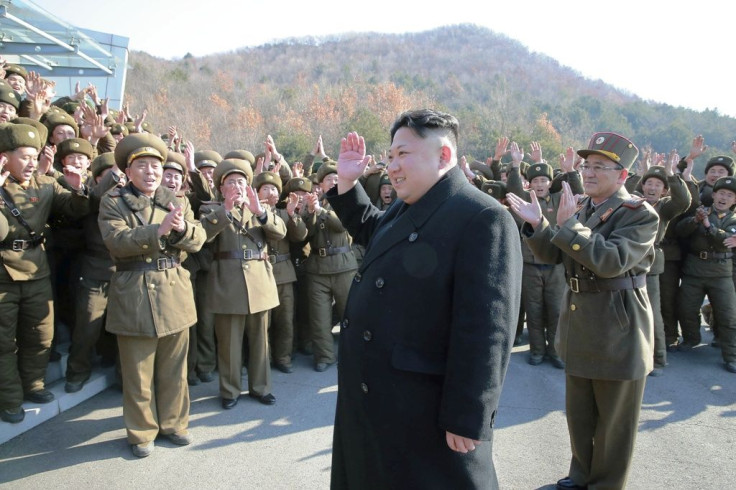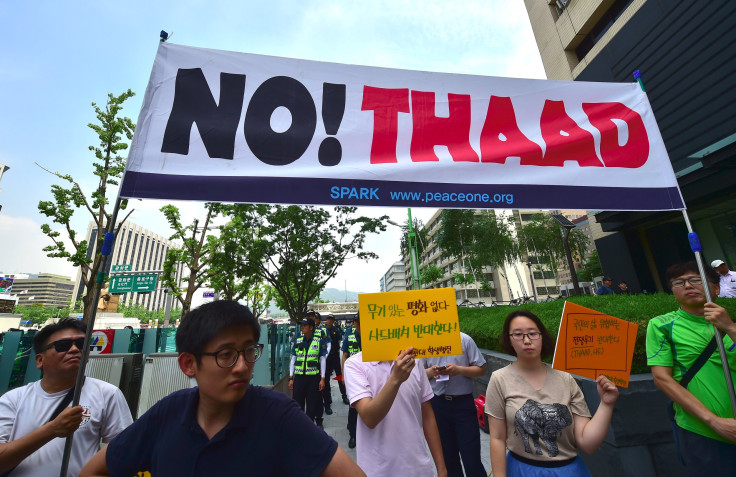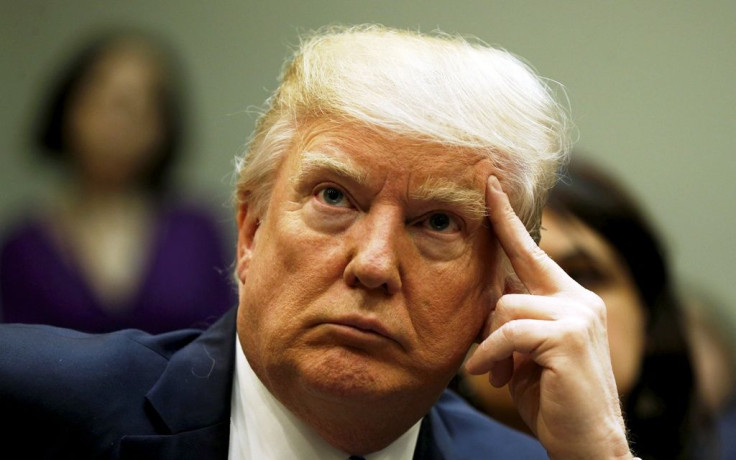What Donald Trump, Moon Jae-in Are Likely To Discuss When They Meet

President Donald Trump's invitation to his newly-elected South Korean counterpart Moon Jae-in of a meeting in Washington was accepted, the White House said in a statement released Wednesday.
"President Trump and President Moon agreed to continue to strengthen the United States-Republic of Korea alliance and to deepen the enduring friendship between our two countries. President Trump said he looks forward to working with President Moon and invited him to visit Washington at an early date. President Moon accepted the invitation," the statement read.
Read: US, Japan And South Korea Working To Tackle Pyongyang Nuclear Threat
Moon Jae-in, a Leftist politician, became the new President of South Korea on Tuesday, replacing the impeached former president Park Geun-hye. Trump reached out and congratulated him before extending the open invitation to join him for a meeting in Washington at a date of the Moon's choosing.
With this invitation now accepted, the question now is what the two would talk about, given there are a lot of differences between the two when it comes to foreign policy, according to the Atlantic.
One of the hot topics of discussion could be North Korean President, Kim Jong Un and possible threat from his nuclear weapons program. However, while Donald Trump has sought the help of countries such as Russia, China, Japan, as well as South Korea in dealing with Kim, Moon is intent on adopting a more lenient approach, Newsweek reports.

Moon has made no qualms about the fact he is keen on reviving the “sunshine policy,” implemented by former South Korean leaders to bridge the failing relationship between the two nations in the Korean peninsula. He is reportedly against the aggressive military measures Trump has threatened to deploy if North Korea does not back down from vigorously expanding its nuclear regime.
“I want to say it sternly. Military action on the Korean peninsula cannot happen without Korea’s consent,” Moon wrote during his presidential campaign, the Atlantic reports. He has also made it amply clear he does not support the deployment of U.S. Terminal High Altitude Area Defense (THAAD), on his country’s borders for which Trump has demanded South Korea pay $1 billion.
Read: North Korea's Kim Jong Un Will Destroy US With A Nuclear Bomb If He Feels Threatened, Defector Warns

Contrary to his conservative predecessors, Moon has also expressed his desire to visit North Korea and establish a dialogue with Kim Jong Un, provided the conditions leading up to the meeting are favorable, according to a U.S. News report.
Despite differences in this regard, there are certain matters on which both Trump and Moon could find common ground, according to the Atlantic.
Both the U.S. and South Korea are keen on dismantling the nuclear program of Kim Jong Un and hence, are open to maintaining the sanctions on North Korea already laid in place by Trump’s administration.

Moreover, although Trump has used some tough rhetoric when it comes to North Korea and its leader, the U.S. government has wavered multiple times on the matter. Secretary of State Rex Tillerson told the United Nations the U.S. wants to bring North Korea to “its senses, not to its knees,” according to the Newsweek report.
Despite keeping its options open, the Trump administration has said time and again there would not be any sort of negotiations with North Korea unless it agreed to a list of preset conditions.
© Copyright IBTimes 2024. All rights reserved.












